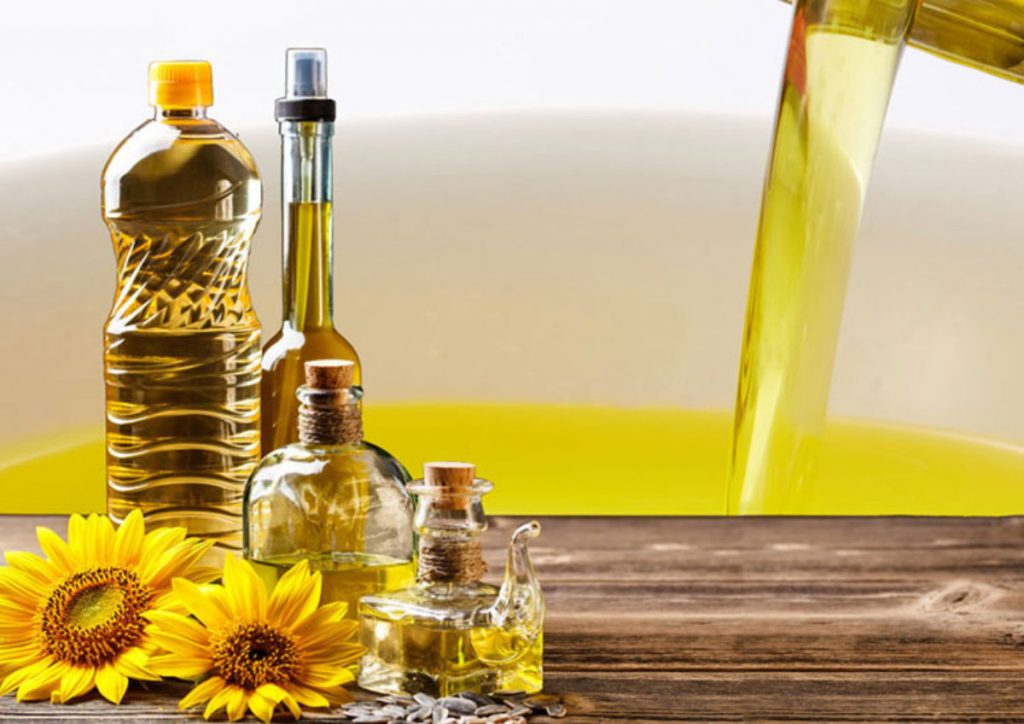Edible oils are fats that come from plants and are consumed by humans. They provide essential fatty acids and help carry fat-soluble vitamins throughout our body. Edible oils are commonly used for cooking various foods and are also consumed directly. With the increasing awareness around health, people are becoming more conscious about the type of oils used in daily cooking and consumption. This article analyses some of the most commonly used edible oils, their nutritional profiles and health benefits.
Types of Edible Oils
There are various types of edible oils available depending on the plant source. Some of the major edible oils used globally are:
Vegetable Oils
– Soybean Oil: One of the most widely consumed oil globally, soybean oil is naturally high in polyunsaturated fat and contains no cholesterol. It helps lower LDL (bad) cholesterol level.
– Sunflower Oil: This light-tasting oil is a good source of Vitamin E and polyunsaturated fats like linoleic acid. It has a high smoke point making it suitable for high-heat cooking.
– Canola Oil: Made from rapeseed, canola oil is favored for its balanced fatty acid profile and heart-healthy monounsaturated fat content. It’s cholesterol-free.
– Peanut Oil: With a distinct flavor, peanut oil is used extensively in Asian cuisine. It does not easily turn rancid and has a high smoke point.
– Olive Oil: The chief constituent of the Mediterranean diet, olive oil contains antioxidants that protect against cardiovascular diseases. Its high monounsaturated fat content promotes healthy cholesterol levels.
Nutritional Profile and Health Benefits of Major Edible Oils
All Edible Oils provide energy in the form of calories along with essential nutrients. But their fat and nutrient compositions vary which leads to distinct health effects:
– Soybean, sunflower, canola and peanut oils are high in polyunsaturated fats like omega-6 fatty acids. These help reduce LDL cholesterol and triglyceride levels decreasing heart disease risk.
– Olive oil is comprised mainly of monounsaturated oleic acid. This type of fat is easily digestible and has anti-inflammatory properties. It protects LDL cholesterol from oxidation and minimizes the risk of blood clots.
– Saturated fats like palm oil increase total and LDL cholesterol levels raising the risk of heart conditions if consumed in excess. Coconut oil contains medium-chain triglycerides offering some health benefits but also high saturated fat.
– Besides fats, edible oils deliver fat-soluble vitamins A, D, E and K. Oils like soybean and canola are good sources of vitamin E which protects cells from free radical damage.
Healthier Cooking with Oils
Choosing the right oil and cooking method is important to derive maximum nutritional benefits while minimizing unhealthy effects:
– For sautéing and stir-frying at high heat, oils with a high smoke point like canola, peanut and sunflower are recommended. Olive oil is not suitable as it oxidizes and breaks down quickly at high temperatures.
– For low-heat cooking like simmering, olive oil can be used as its nutrients largely remain intact. It adds a delicious flavor to food.
– When deep frying, oils are degraded and produce harmful byproducts. It’s best to shallow pan fry or oven bake for crisp results with less oil absorption.
– Raw or cold-pressed oils maintain optimal nutritional value. Highly refined oils lose some heat-sensitive vitamins, minerals and antioxidants.
In moderation, edible oils provide essential fats and vitamins to support overall health and well-being. Understanding individual oil characteristics helps choose varieties best suited for different culinary applications, maximizing benefits. A varied diet incorporating important plant-based oils can effectively meet nutritional needs.



